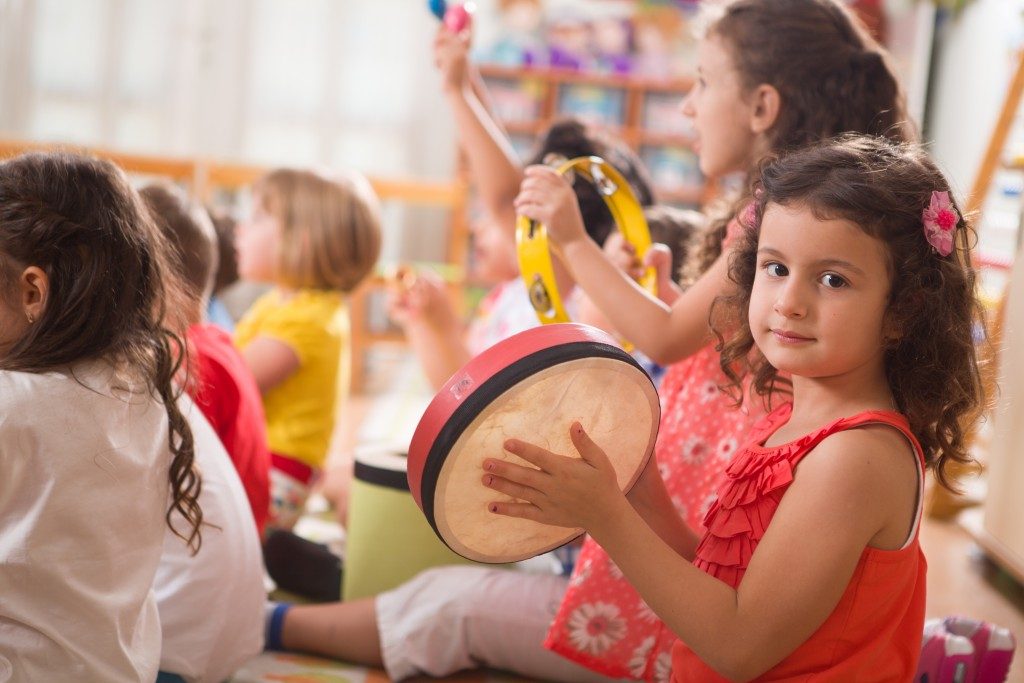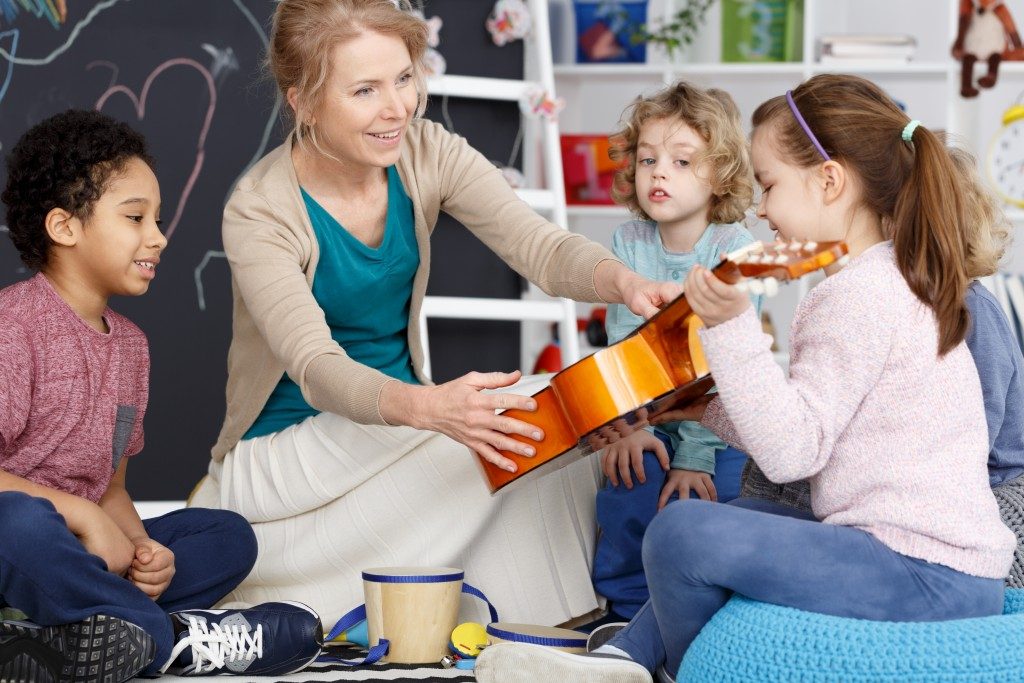Music ignites many areas of a child’s development, from intellectual, social, emotional, to cognitive development. It has a direct impact on the development of their motor skills. It helps them learn about language and literacy. Exposing children to music at an early age gives them the advantage of learning sounds and the meaning behind words. That’s also the reason pregnant women are advised to listen to classical music. The babies in their wombs could be listening, too.
If your child is exhibiting interest in music, enroll them in piano lessons for children in Las Vegas or other cities. These lessons intend to hone the innate talents of the children in music. It also enhances their capacity to learn new musical skills such as playing instruments and reading musical notes.
But what about their social skills? Studies say that music has a definite impact on the social development of children. How can this be?
Working as a Team
When children attend and enroll in a music class, they meet other like-minded children. Under the tutelage of their instructors, they will learn to work together and make music. They will learn how their contribution matters to the overall music production. It will help them understand that by learning together, they can make something bigger than them.
Communicating Better
A study shows that six-month-old babies who have taken active music classes for six months develop communicative gestures faster than infants who have only listened to music passively. The musical activities include moving, singing, and playing percussive instruments. This shows that for children to develop their social skills, they need active participation and interaction with music.
Showing Emotions
A separate study also shows that when children take part in interactive musical activities, they are more likely to learn and show basic emotions. They can also learn about advanced emotions by studying the connection between music and emotion. Children can identify varied emotions by watching videos of facial expressions and connecting these expressions to the music they hear.
When the music and expressions do not match, children who are exposed to music detect this “violation.” This means that music helps create a sense of connectedness. This makes them want to engage more, empowering them to learn more about different emotions.
Bonding with Friends

Every friendship begins with a common interest. Children find it better to connect with their peers when they share the same interests. When you enroll your kids in a music lesson, it’s more likely that they will bond with their peers. By sharing their love of music, they have a better chance of cultivating friendships outside the structured environment of a school.
Such friendships may even extend to outside the home. They can invite their friends to their homes and have dinner with them. This strengthens the bond among friends.
Music seems to have a direct impact on the cooperation and understanding of children. It strengthens the bond between the children and their parents or caregivers. It gives them the skills to make social connections when they are older. Even children with learning difficulties have a better chance of learning music than traditional subjects in school.
